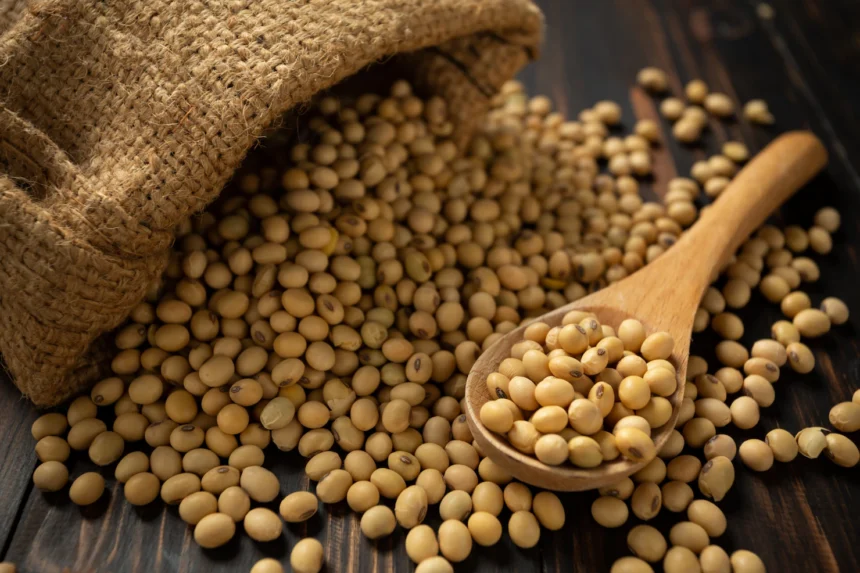Soybean cultivation has indeed been a growing trend in South African agriculture in recent years. The country has experienced an increase in soybean production due to various factors, including favorable climatic conditions, market demand, and government support.
- Climatic Conditions: South Africa has diverse agro-climatic regions suitable for soybean cultivation. The summer rainfall areas, particularly in the central and northern parts of the country, provide optimal conditions for soybean growth. The warm temperatures and adequate rainfall during the growing season contribute to high yields.
- Market Demand: There has been a rising demand for soybean and soy-based products globally, driven by factors such as increasing population, changing dietary preferences, and the growing awareness of the health benefits associated with soy consumption. South Africa has also witnessed a surge in demand for soybeans within its borders due to the expanding livestock and poultry industries, as soybean meal is a crucial component of animal feed.
- Government Support: The South African government has recognized the potential of soybean cultivation and has implemented policies to support its production. Initiatives such as subsidies, research and development programs, and the promotion of sustainable agriculture have encouraged farmers to venture into soybean cultivation. These efforts aim to reduce the country’s reliance on soybean imports and enhance food security.
- Crop Rotation and Diversification: Soybean cultivation is also gaining popularity among farmers as part of crop rotation and diversification strategies. Growing soybeans in rotation with other crops helps improve soil fertility, reduces pest and disease pressure, and can increase overall farm profitability.
- Improved Varieties and Technology: The development and availability of improved soybean varieties suited to South African conditions have played a significant role in the expansion of soybean cultivation. These varieties are often more resistant to pests, diseases, and adverse weather conditions, leading to higher yields. Furthermore, advancements in agricultural technology, including precision farming techniques, improved machinery, and access to agricultural information, have supported farmers in optimizing their soybean production.
Despite the growing trend, challenges still exist in the South African soybean industry, including the need for further research and development, access to finance, and infrastructure limitations. However, with the ongoing support from the government and the increasing demand for soybeans, the future looks promising for soybean cultivation in South Africa.
Join 'Farmers Mag' WhatsApp Channel
Get the latest Farming news and tips delivered straight to your WhatsApp
CLICK HERE TO JOIN






